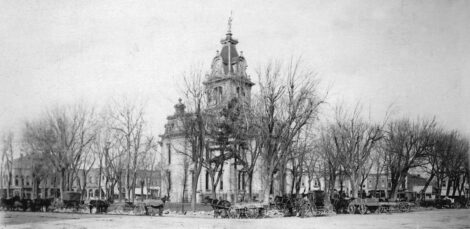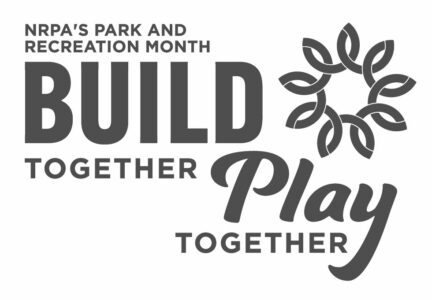Tortured by Bureaucrats
Americans like licenses. People think they make us safer.
We license drivers.
We license dogs.
But most government licensing is useless. Or harmful.
It limits competition, raises costs, leaves consumers with fewer choices and blocks opportunity for people who want to work.
Michelle Freenor, a tour guide in Savannah, Georgia, gets good reviews from customers.
But her business almost didn’t get off the ground because local politicians said, “No one can be a tour guide without first getting a government license!”
Bill Durrence, a Savannah alderman at the time, told me why it’s important.
“I hear a lot of tour guides saying things that make me cringe. The licensing and testing I thought was a good idea just to make sure people had the accurate information.”
While they were at it, the politicians added other requirements. Anyone who wanted to give tours had to get a criminal background check, which included urine and blood samples, take a physical fitness test, pay fees to the city, and pass a difficult history test.
“A college level history exam with tons of obscure, gotcha questions,” Freenor told me, “It could be three to five months of studying and studying. It was 120 pages!”
Ironically, the test asked no questions about subjects covered by the most popular Savannah tours — ghost tours and “Forrest Gump” tours (the movie’s bench scenes were filmed in Savannah).
Freenor complained to a city official: “There’s no ghost questions on this test!”
His response: “Ghosts aren’t real.”
Why would a city pass rules that block people merely from speaking?
“The city was making a nice amount of money for people failing this,” said Freenor.
When I confronted Alderman Durrence about this, he admitted, “There were a couple of points that maybe went a little too far in the licensing process. Having to have the physical exam periodically. Maybe the cost of the test.”
But he’s a big fan of regulation. “Little by little,” he said, “we’ve managed to get control of some things, but we still don’t have control over a lot.”
What? They control much too much!
With the help of the libertarian law firm the Institute for Justice, Freenor sued Savannah and won. Now Savannah has no licensing rule.
Washington, D.C., killed its rule after IJ sued, too.
IJ also won in Philadelphia and Charleston, where a court ruled that the rules were unconstitutional because, as IJ attorney Robert McNamara put it, “The First Amendment protects your right to speak for a living, whether you’re a journalist, a comedian or a tour guide.”
Good point.
My point is we don’t need most of these complex consumer protection laws. Competition alone protects customers.
Freenor says it well: “The free market is taking care of itself. Bad tour companies don’t last.”
Exactly. A competitive market helps consumers much more than licensing laws ever will. If such laws were once needed (they weren’t), they definitely aren’t needed now that the internet exists, because it’s so easy for consumers to learn about what’s good and what’s not.
But politicians always want more control over us.
Eight years have passed since the Institute for Justice fought Freenor’s case. Despite their victories in court, cities like New Orleans and my home New York City still have tour guide licensing rules. New York guides are told to pass a 150-question exam.
Many tour guides ignore the rules, knowing bureaucrats are not likely to enforce them.
That expands the “illegal” underground economy, inviting actual harm.
Government’s rules almost always have nasty unintended consequences.
Licensing bureaucrats should regulate much less.
We’re supposedly free people.
It should be up to us how we spend our money.
——-
Every Tuesday at JohnStossel.com, Stossel posts a new video about the battle between government and freedom.




